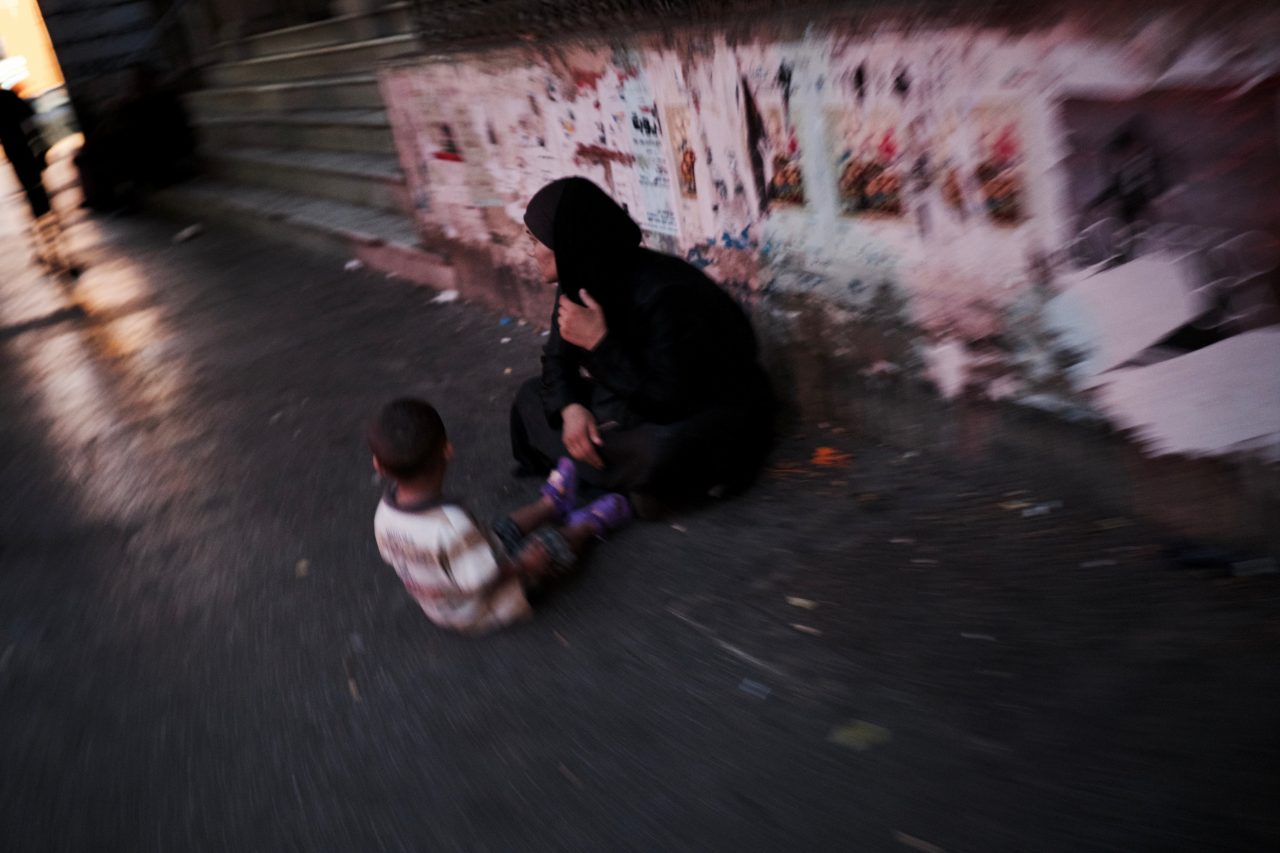Moving Cash Fast
Cash based assistance in Lebanon
CLIENT
Giesecke + Devrient
ROLE
Concept / Editorial / Photography
DATE
Q4 2017

GIESECKE+DEVRIENT TRENDREPORT
Cash based assistance reshapes humanitarian aid, as NGOs like the World Food Programme prove in Lebanon. There, 700.000 refugees use an e-card in 500 shops allover the country – but let aside efficiency and a boost to local economies, cash also grants beneficiaries more dignity in uncertain times.
For years and years the collective memory has been shaped by the same, almost iconic images. If in Lebanon, Somalia, Haiti – whenever there’s a crisis there’s NGOs delivering boxes with food, throwing water bottles into groups of thirsty, emaciated beneficiaries. Is that helpful? More helpful than no help, yes. Is that dignified? As dignified as the queuing for the most necessary can be. Is it changing? It is. Seems as if the collective memory has to rethink.
⟶ PDF Moving Cash Fast


In the early stages of the Lebanon response to the Syria crisis, humanitarian agencies began to move from in-kind to CBA, short for cash-based assistance, more effectively meeting the needs of refugees. „Functioning markets, technical capacity, adequate banking services and infrastructure throughout the country allowed this change“, says Martina Iannizzotto, WFPs Mount Lebanon Head of Sub-Officer.
It’s not South Sudan or Somalia where WFP has to bring the food which is a whole mess of logistics operation. „That’s what we are known for doing, we have that reputation of giving food, of moving food fast. Here, we are moving cash fast.“ It is not only fast but also cheaper than bringing in food where the logistics operation is enormously expensive: Buying the food, moving it, plus hundreds of WFP staff putting grain and oil in a box and then giving it to a person.

